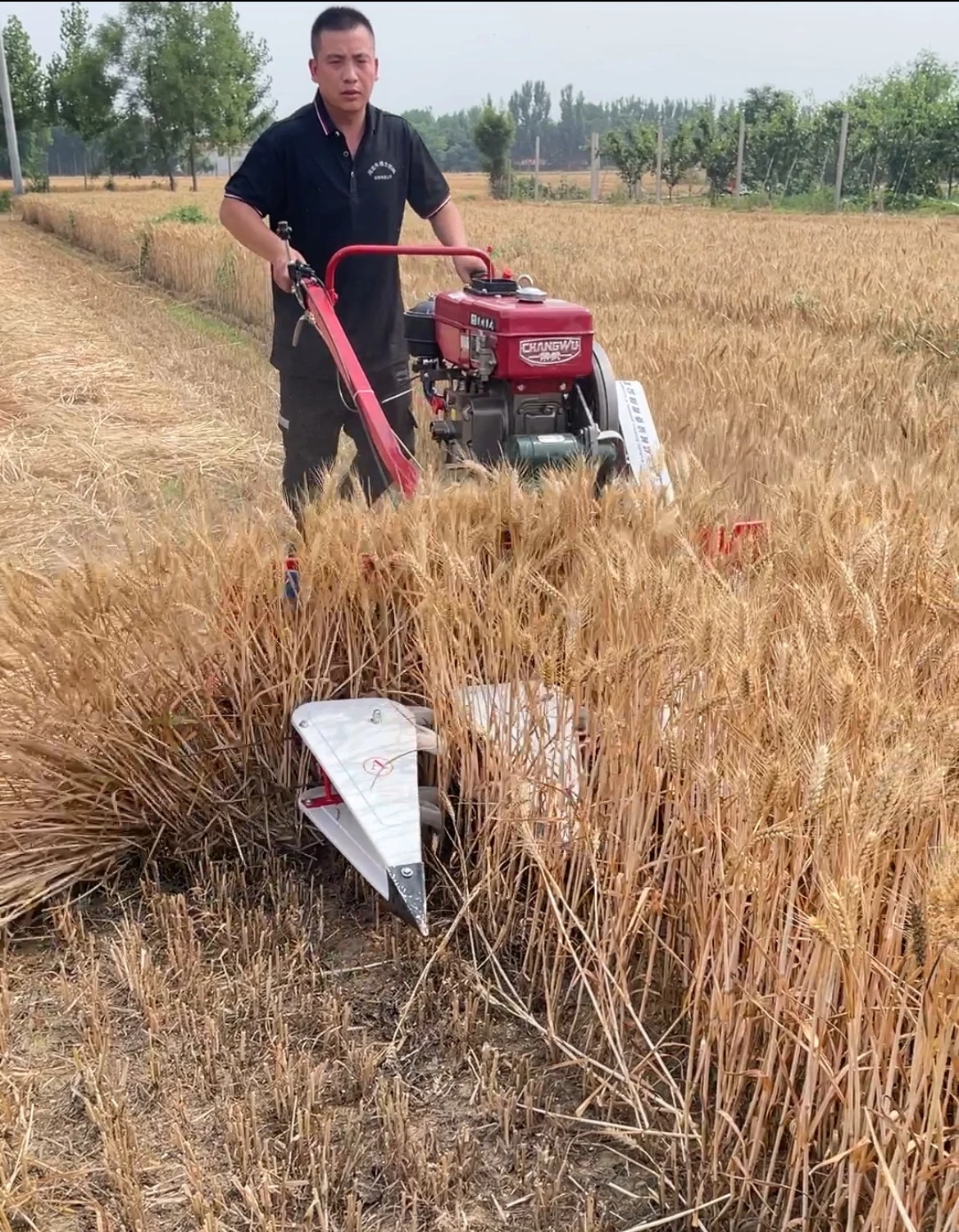forage mower
Understanding Forage Mowers A Key Tool for Modern Agriculture
In the world of modern agriculture, efficiency and productivity are paramount. Farmers and agricultural professionals are always on the lookout for tools that can help them maximize their output while minimizing labor and resource expenditure. One of the critical pieces of equipment in this pursuit is the forage mower. Designed to cut forage crops such as grass, alfalfa, and clover, forage mowers play an essential role in the management of livestock feed, ensuring that farmers can provide high-quality nutrition to their animals.
What is a Forage Mower?
A forage mower is a type of agricultural machinery specifically designed to cut and harvest forage crops. Unlike conventional mowers used for lawns or gardens, forage mowers are built for heavy-duty agricultural use. They come in various designs, including mounted, trailed, and self-propelled versions, allowing farmers to choose the one that best suits their needs.
The primary function of a forage mower is to efficiently cut grass and other forage crops at the right height for optimal growth conditions and nutritional value. This process is critical as it helps promote new growth, allowing farmers to achieve multiple harvests throughout the growing season. The cut forage can then be baled or processed into silage for storage and later use as animal feed.
Types of Forage Mowers
Forage mowers can be classified into several types based on their operational design
1. Sickle Bar Mowers One of the oldest types of forage mowers, sickle bar mowers utilize a reciprocating blade that moves back and forth to cut through the forage. While they are effective, they may not be the best choice for thick or tough crops.
2. Disc Mowers This type utilizes multiple rotating discs with blades attached, allowing for a more aggressive cutting action. Disc mowers are highly efficient, making them suitable for various forage types, including dense and tough grasses.
3. Rotary Mowers These mowers feature vertical blades rotating horizontally, making them useful for cutting taller and thicker vegetation. They are versatile and can handle rough terrain, making them a preferred choice for many farmers.
forage mower

4. Self-Propelled Mowers For larger farms, self-propelled forage mowers offer significant efficiency. These mowers can carry larger cutting widths and are equipped with powerful engines, allowing them to cover vast areas quickly.
Advantages of Using Forage Mowers
Utilizing forage mowers provides farmers with several advantages
- Increased Efficiency Forage mowers cut large swathes of crop in a fraction of the time it would take with manual tools or older technology. This efficiency translates into more time for other essential farm tasks.
- Improved Crop Management Timely mowing ensures that the forage is cut at its peak nutritional quality. Proper management of cutting intervals allows for improved regrowth and potentially multiple harvests within a single growing season.
- Cost-Effectiveness While the initial investment in a quality forage mower can be substantial, the long-term savings in labor and the increased yield often justify the cost. Moreover, better-quality forage leads to healthier livestock, which can enhance overall farm profitability.
- Versatility Modern forage mowers are designed to be adaptable to various conditions, able to handle different crop types, and can often be adjusted for different cutting heights or widths based on the farmer's requirements.
Conclusion
Forage mowers are an indispensable tool in the arsenal of modern farmers. As agriculture continues to evolve, the need for more efficient and effective harvesting methods will only increase. With advances in technology and design, forage mowers are becoming increasingly capable of meeting these demands, allowing farmers to improve their operations while ensuring sustainable practices. Investing in a forage mower can significantly enhance productivity and profitability, making it a vital consideration for anyone involved in livestock farming or forage crop management. As we move towards a future focused on innovation and efficiency in agriculture, forage mowers will undoubtedly play a crucial role in shaping the landscape of modern farming.
Latest news
-
When to Upgrade Your Old Forage HarvesterNewsJun.05,2025
-
One Forage Harvester for All Your NeedsNewsJun.05,2025
-
Mastering the Grass Reaper MachineNewsJun.05,2025
-
How Small Farms Make Full Use of Wheat ReaperNewsJun.05,2025
-
Harvesting Wheat the Easy Way: Use a Mini Tractor ReaperNewsJun.05,2025
-
Growing Demand for the Mini Tractor Reaper in AsiaNewsJun.05,2025
